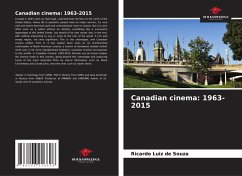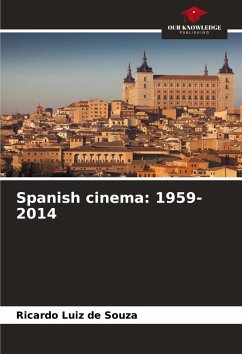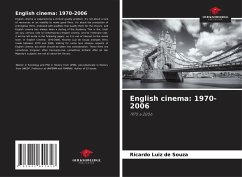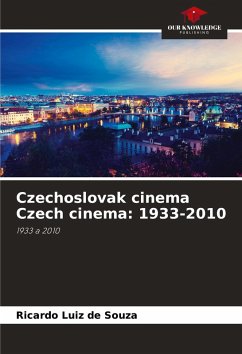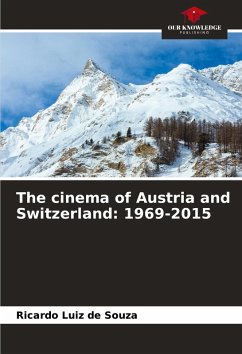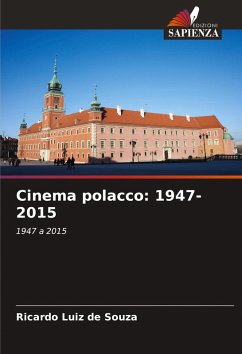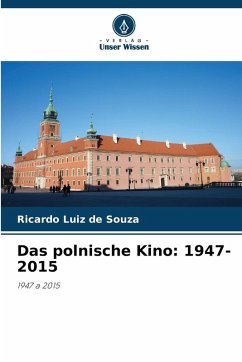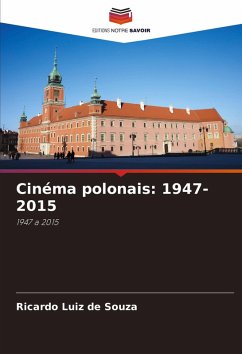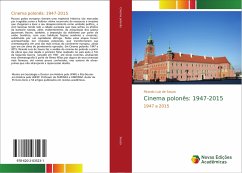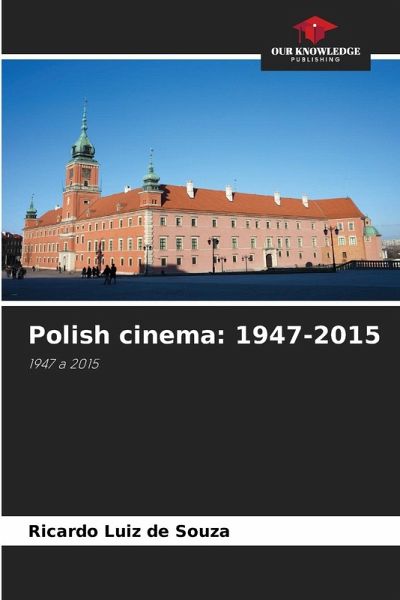
Polish cinema: 1947-2015
1947 a 2015
Versandkostenfrei!
Versandfertig in 6-10 Tagen
43,99 €
inkl. MwSt.

PAYBACK Punkte
22 °P sammeln!
Few European countries have had a history as marked by tragedy as Poland - a recurring victim of massacres and invasions that led to its disappearance as a political unit - with Warsaw being the European city that suffered the most from Nazi barbarism, in addition, of course, to the annihilation of Japanese Jews. There was also the imposition of Stalinism by the Soviet Union, with its usual dark and grey features, replaced by a ravenous capitalism. All these stages were accompanied by Polish filmmakers, who transformed their cinema into one of the most critical on the European continent, albei...
Few European countries have had a history as marked by tragedy as Poland - a recurring victim of massacres and invasions that led to its disappearance as a political unit - with Warsaw being the European city that suffered the most from Nazi barbarism, in addition, of course, to the annihilation of Japanese Jews. There was also the imposition of Stalinism by the Soviet Union, with its usual dark and grey features, replaced by a ravenous capitalism. All these stages were accompanied by Polish filmmakers, who transformed their cinema into one of the most critical on the European continent, albeit in a climate of permanent oppression. In Polish Cinema: 1947 to 2015, Ricardo Luiz de Souza analyses Polish cinema from the first film made in the country after the end of the Second World War_ released in 1947_ to recent works, analysing this cinematography from films made by some of its most famous filmmakers, to little-known names, but authors of masterpieces that didn't achieve the proper repercussions.





